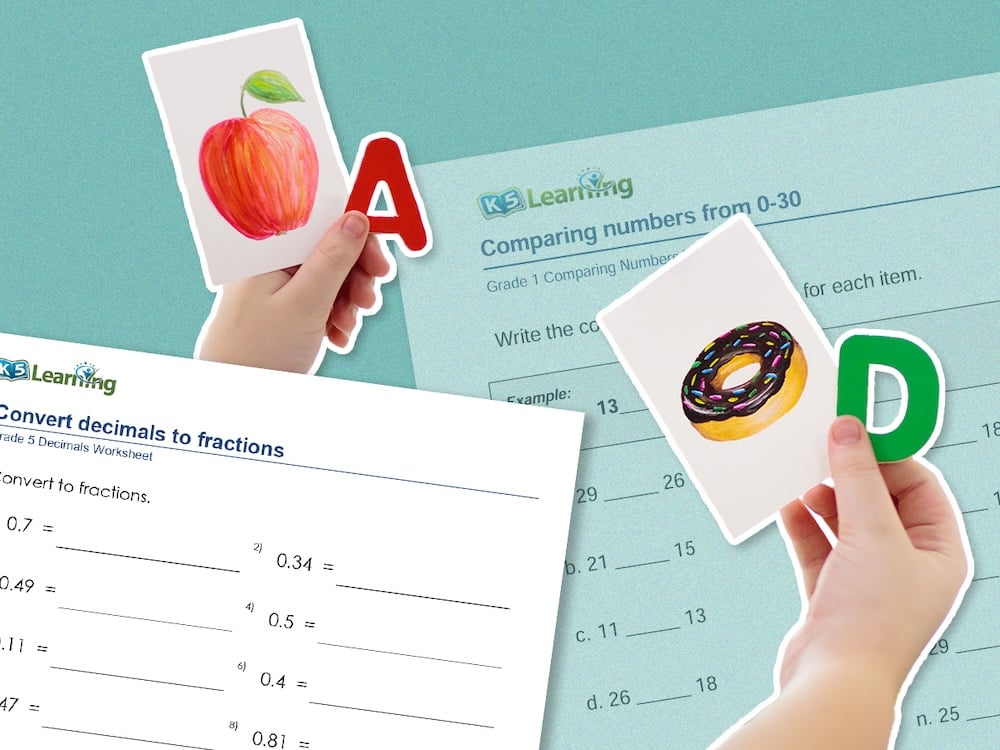Education
Declining Math and Reading Scores in BC Raise Urgent Concerns

Recent assessments reveal a worrying trend in British Columbia, where math and reading scores among students have seen a significant decline. The results from the 2023 provincial assessments indicate that only 12% of Grade 4 students met the expected proficiency in math, down from 25% in 2018. Reading scores have similarly dropped, raising alarms among educators, parents, and policymakers alike.
The Ministry of Education in British Columbia has acknowledged the issue, noting that nearly 10,000 students participated in the latest evaluations. This decline has prompted urgent discussions about the underlying causes and potential solutions to improve literacy and numeracy skills across the province.
Understanding the Decline
Several factors contribute to the decline in math and reading proficiency. Experts point to the impact of the COVID-19 pandemic, which disrupted traditional learning environments and led to inconsistent educational experiences. Many students faced challenges transitioning to online learning, resulting in gaps in knowledge and skills.
Additionally, educational resources and support systems have not fully adapted to meet the evolving needs of students. Many teachers report feeling overwhelmed by large class sizes and a lack of adequate training in new teaching methodologies. According to a report from the British Columbia Teachers’ Federation, teachers are increasingly concerned about their ability to engage students effectively under these pressures.
Proposed Solutions
Addressing this decline requires a multifaceted approach. The provincial government has initiated several programs aimed at enhancing educational support. One of these initiatives includes increased funding for remedial programs targeting struggling students. The Ministry of Education has also committed to providing additional resources for teachers, including professional development opportunities focused on modern teaching strategies.
Community involvement is also seen as a critical component in reversing these trends. Parents, local organizations, and educational institutions are being encouraged to collaborate on initiatives that foster a supportive learning environment. Programs that promote reading at home and after-school tutoring services can play a significant role in boosting students’ confidence and skills.
Moreover, the implementation of technology in classrooms is viewed as an important step forward. Integrating educational software and interactive learning tools can help engage students in a more dynamic way. Schools are beginning to experiment with blended learning models that combine traditional teaching with digital resources, creating a more personalized learning experience.
The long-term goal is to ensure that all students in British Columbia have access to high-quality education that equips them with the necessary skills for future success. As the 2022 results of the PISA assessments also indicated a downward trend in math and reading scores, the urgency for effective changes has never been clearer.
In conclusion, the decline in math and reading scores in British Columbia serves as a wake-up call for educators and policymakers. Addressing these issues requires collaborative efforts, innovative solutions, and a commitment to improving educational outcomes for all students. The path forward will not be easy, but decisive action can make a significant difference in reversing these alarming trends.
-

 Science3 months ago
Science3 months agoToyoake City Proposes Daily Two-Hour Smartphone Use Limit
-

 Top Stories3 months ago
Top Stories3 months agoPedestrian Fatally Injured in Esquimalt Collision on August 14
-

 Health3 months ago
Health3 months agoB.C. Review Reveals Urgent Need for Rare-Disease Drug Reforms
-

 Technology3 months ago
Technology3 months agoDark Adventure Game “Bye Sweet Carole” Set for October Release
-

 World3 months ago
World3 months agoJimmy Lai’s Defense Challenges Charges Under National Security Law
-

 Lifestyle3 months ago
Lifestyle3 months agoVictoria’s Pop-Up Shop Shines Light on B.C.’s Wolf Cull
-

 Technology3 months ago
Technology3 months agoKonami Revives Iconic Metal Gear Solid Delta Ahead of Release
-

 Technology3 months ago
Technology3 months agoApple Expands Self-Service Repair Program to Canada
-

 Technology3 months ago
Technology3 months agoSnapmaker U1 Color 3D Printer Redefines Speed and Sustainability
-

 Technology3 months ago
Technology3 months agoAION Folding Knife: Redefining EDC Design with Premium Materials
-

 Technology3 months ago
Technology3 months agoSolve Today’s Wordle Challenge: Hints and Answer for August 19
-

 Business3 months ago
Business3 months agoGordon Murray Automotive Unveils S1 LM and Le Mans GTR at Monterey









